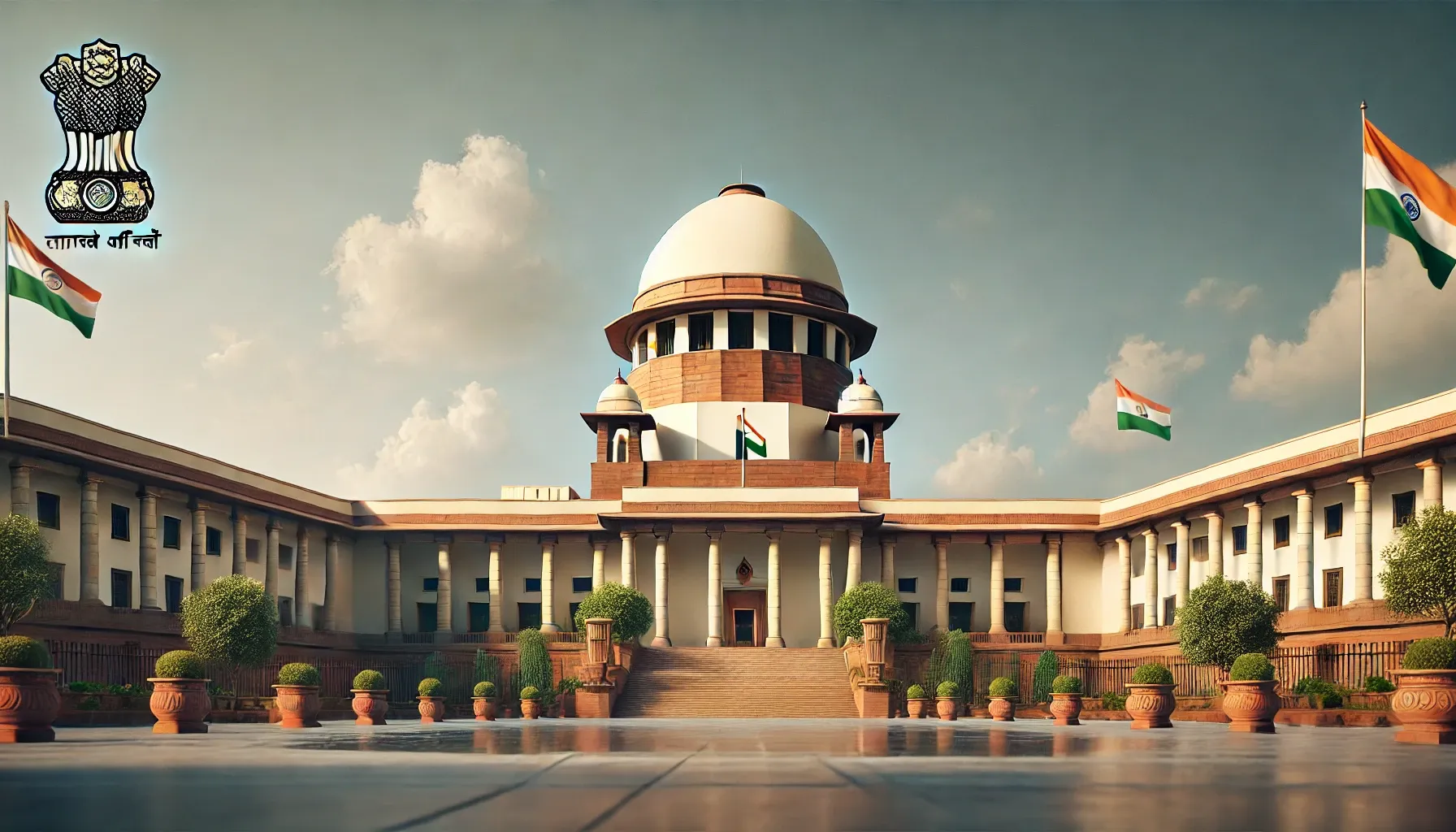The Supreme Court rules that harassment alone isn't enough to convict someone of abetment to suicide. It requires evidence of direct action or incitement by the accused.

In a significant Supreme Court order on December 10, 2024, the bench comprising Justice Vikram Nath and Justice PB Varale clarified that mere harassment is not sufficient to charge someone with abetment to suicide under Section 306 of the Indian Penal Code (IPC). The order came amid the ongoing legal proceedings related to the suicide of 34-year-old techie Atul Subhash, who had accused his estranged wife Nikita Singhania and her family members of harassment and extortion in a video and a note before his death. The Supreme Court’s ruling addressed a challenge to a Gujarat High Court decision refusing relief to a man and his family members, who were accused of abetting the suicide of his wife.
Key Legal Principles:
- Requirement of Mens Rea (Intent):
- The Supreme Court emphasized that for a conviction under Section 306 (abetment to suicide) of the IPC, the presence of clear mens rea or intent is crucial. The court clarified that harassment alone does not fulfill this requirement.
- “Mere harassment, by itself, is not sufficient to find an accused guilty of abetting suicide,” the bench stated, highlighting the need for direct or indirect incitement that led to the victim’s suicide.
- Active or Direct Action of Accused:
- The court explained that there must be evidence of an active or direct action by the accused that contributed to the suicide. For a conviction, it must be demonstrated that the accused’s actions were closely linked to the time of the suicide and directly pushed the victim towards the act.
- Guilt in Suicide Cases:
- The bench clarified that harassment alone is insufficient to prove guilt in such cases. Instead, there must be positive evidence of an act by the accused, directly linked to the act of suicide. In the specific case involving the Gujarat couple, the court did not find sufficient evidence that the accused contributed to the suicide through direct actions.
The Atul Subhash Case:
- Background of the Case:
- The case involving Atul Subhash is central to the controversy. The techie, in a video and note, accused his wife, Nikita Singhania, and her family of harassment and extortion that allegedly drove him to suicide. He also detailed abusive remarks allegedly made by his wife and her family members, which, he claimed, contributed to his mental distress.
- The Bengaluru Police have filed an abetment to suicide case against Nikita, her mother Nisha, her brother Anurag, and her uncle Sushil Singhania.
- Supreme Court’s Ruling on the Case:
- The Supreme Court reviewed the Gujarat High Court's decision, which refused to provide relief to the accused in the case involving the suicide of the wife. In this case, the court upheld the charge of crueltyunder Section 498A IPC, which pertains to cruelty by a husband or his family members towards a wife.
- However, the court disagreed with the charge of abetment to suicide, concluding that the harassment alonewas not sufficient evidence to conclude that the accused directly caused the suicide.
Critical Legal Clarification on Section 306 IPC:
- Clear Intent for Conviction:
- The bench stressed the importance of intent in abetment to suicide cases. It ruled that a mere allegation of harassment, even if true, does not meet the legal criteria for convicting someone under Section 306 of the IPC. The law requires clear evidence that the accused intended to abet the suicide.
- “For a person to be charged under Section 306, the prosecution must establish that the accused contributed to the act of suicide by the deceased,” the court explained.
- Importance of Evidence:
- The Supreme Court emphasized that the facts and circumstances of the case must be carefully examined. The prosecution must prove that the harassment or cruelty was so extreme that it left the victim with no other option but to end their life. The court warned that mere allegations or delayed complaints cannot form the basis for conviction.
Source: NDTV





